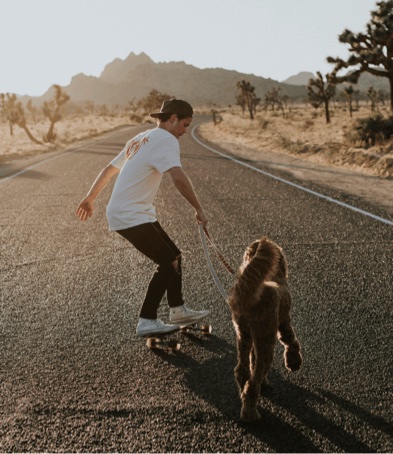5 Things to Do in Little Tokyo, California
Never been before? We’ll be your trustee Little Tokyo guide with a day’s worth of fun things to do in Little Tokyo.
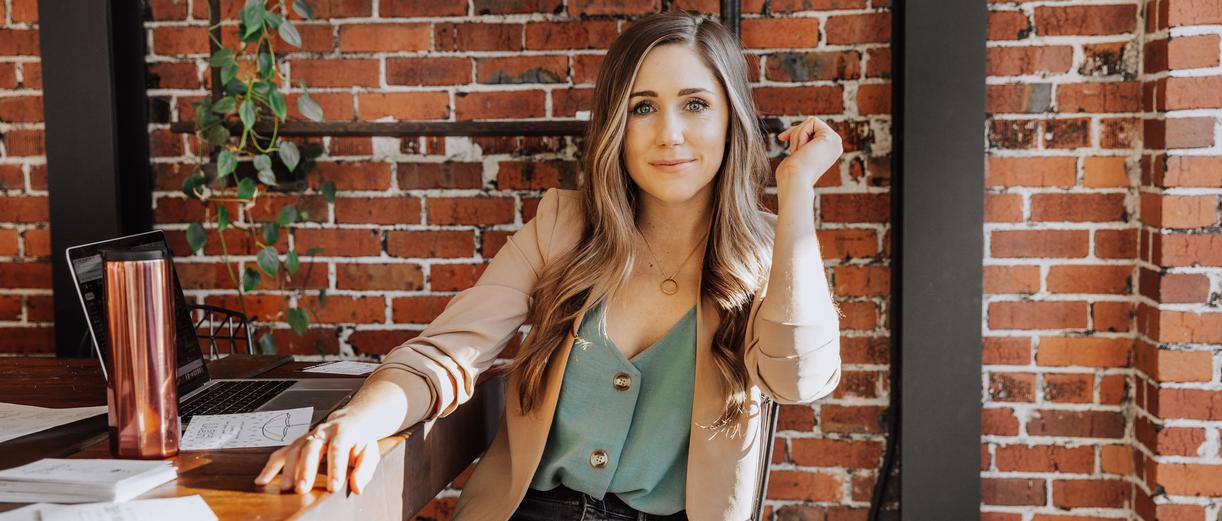
It seems impossible to find the right card—let alone the right words to say—when times are tough. That’s where Thoughtful Human comes in.
When birthdays, anniversaries, and other special occasions come around, many people rush to the store to buy a card. But what about when a coworker loses a parent? Or when a close friend is diagnosed with cancer? Or when a sibling checks into rehab? It’s seemingly impossible to find the right card—let alone the right words to say. That’s where Thoughtful Human comes in.
“Thoughtful Human takes a radically different approach to the $8 billion card industry, challenging people to stop buying cheesy cards and to start using them to communicate in ways that are more honest and meaningful,” says CEO Ali O’Grady. “[Thoughtful Human] is more than a stationery company; it is this idea of practicing radical empathy, leading with kindness, asking the hard questions, and showing up for each other through challenging times.”

Does your business rank among the best in California?
nominate a businessLearn more about our selection criteria and vetting process.
The UC Santa Cruz alum started her Oakland-based company in October 2017 after noticing that many people struggle to talk about difficult topics such as grief, strained relationships, mental illness, addiction, and family dysfunction. So, she developed a unique product that provides consumers with creative, sincere ways to express themselves and start a dialogue around sensitive, uncomfortable issues with people they care about.
A card intended to address depression, for instance, says “How is your heart today?” Another one, designed to give to someone who’s grieving, says “I don’t know exactly what to say or do right now, but I am here and I love you.” And to provide encouragement to those going through chemo or rehab, a card reads “You are the strongest person I know.”
O’Grady knows all too well how challenging those conversations can be—she lost her father in 2011 after a 10-year battle with colon cancer. “I struggled to communicate with [my dad] about the possibility of his death and what he was going through emotionally, and I noticed everyone else was tiptoeing around these things, too,” O’Grady recalls. “Then after he passed, people weren’t really able to acknowledge the grief or depression … and there was someone close to me who spiraled, and that became another difficult conversation—which was something everyone in my family was avoiding because they weren’t sure how to navigate it.”
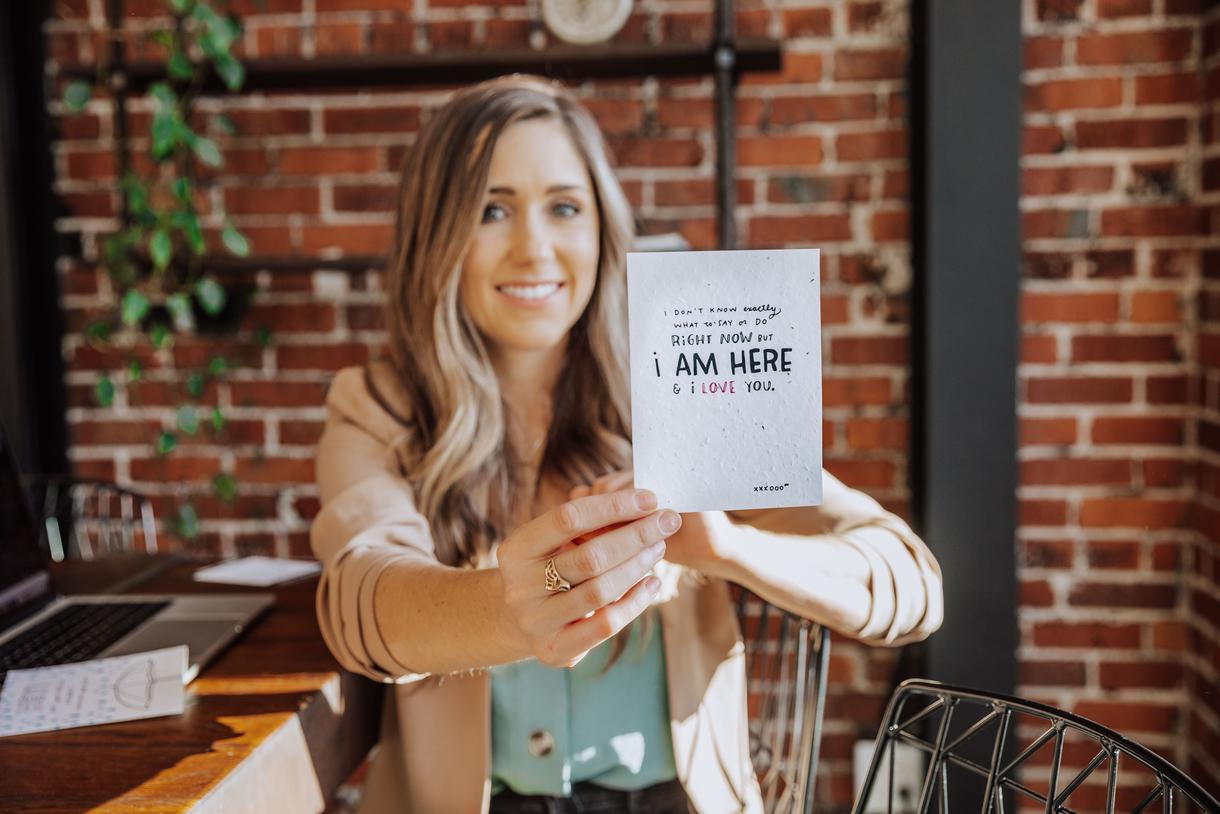
But she quickly learned her family wasn’t alone in these struggles: One in five Americans experience a mental illness in a given year; one in seven face substance addiction; and two in five are diagnosed with cancer at some point in their lifetime. “I realized there were a lot of people going through what [my family] was going through,” she says, “and I asked myself, ‘What am I going to do about it?’ ”
Inspired by these experiences, O’Grady founded Thoughtful Human. The quirky (and refreshingly relatable) cards can be purchased individually in stores or in five-pack support series online that cover everything from cancer and illness to love and long-distance relationships. The artwork is simple yet impactful—and looks anything but commercial—and the messaging is honest and personal, culminating in a meaningful, poignant product that enables people to strengthen connections with loved ones.
“That’s the difference with our content: We don’t do sing-songy greetings, and we don’t say everything is going to be okay—it’s all very personal and direct,” O’Grady says. “I’ve noticed throughout this whole process that people think there are right and wrong words, but I continue to tell people: ‘There are no words that solve complicated health and mental health issues; they don’t bring people back from the dead. There’s no one thing you’re going to say that’s going to magically make them feel better.’ All we can do is show up consistently and keep asking the hard questions to continue the conversation.”
O’Grady writes all the copy herself, drawing on her own personal experiences for inspiration and working with her illustrator to bring the vision to life. She also continually gathers feedback from friends, family, and community members to make sure her cards continue to resonate with people. In addition to offering cards on tough subjects, she provides a few cards for celebratory events such as baby showers, birthdays, major holidays, and anniversaries. But the aim is always the same: create honest, relevant products that encourage human connection.
“I always tell people: ‘This is by you, for you. What do you want to say?’ ” O’Grady explains. “I think that’s why my line has worked so far. You can tell that somebody wrote these [cards] who’s been a caregiver or supported someone with addiction, because you don’t really understand the complexity of it unless you’ve gone through it yourself.”
All that matters are these simple moments of connection with each other. I think it’s the most complex, profound thing. Ali O'Grady

O’Grady prioritizes sustainability, too. A longtime environmental advocate who previously worked for Back to the Roots, an Oakland-based urban farming start-up, she ensures her products are zero-waste and plastic-free whenever possible. The stamps, stickers, and envelopes are recyclable, compostable, or biodegradable—and all the cards are made of plantable paper embedded with seven types of wildflowers seeds.
Her eco-friendly, mission-driven company deeply cares about the issues behind the cards, partnering with like-minded organizations (including The Mighty, Cancer Support Community, and American Cancer Society) to help people find relevant resources in their community and take action. Most recently, Thoughtful Human and other creators worked on Colorado’s “Lift the Label” public awareness campaign to craft cards specific to opioid awareness—all 10,000 cards ran out within four days.
“To me, that was a big indicator of the desperation people feel to talk about [addiction], especially when you think about the need for that throughout the country and beyond,” O’Grady says. “That was just one city in Colorado … so I thought it was really powerful.”
Indeed, the innovative combination of empathy, transparency, and sustainability seems to be resonating with a larger audience—Thoughtful Human grew 12 times in the last year alone, with cards landing in more than 400 retail locations throughout the United States and abroad, including Paper Source, Target, Whole Foods Market, Papyrus, and Paperchase.
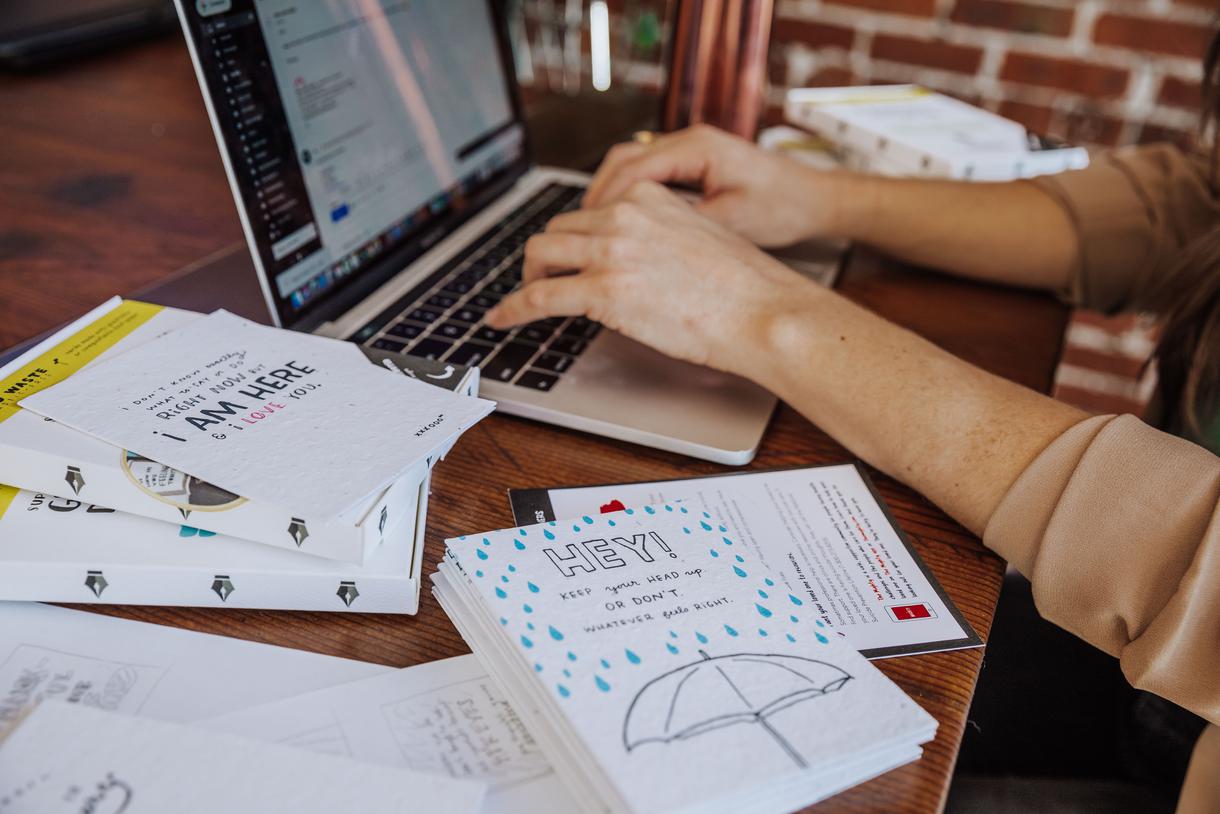
While she’s faced her fair share of challenges, O’Grady relies on her passion and intuition to guide her through the rough patches. She embraces the uncomfortable moments and sees them as opportunities for growth and introspection—and encourages other aspiring entrepreneurs to do the same. She knows taking on mainstream card brands isn’t easy, but she’s determined to make Thoughtful Human a well-known name that people associate with support—whether they’re looking for cards, community, resources, or other products. And she’s not backing down anytime soon.
“It’s very clear to me what the low-hanging fruit is: I can go make 50 birthday cards tomorrow, and I know a lot of retailers that would sell them, but I don’t want to be a birthday-card company,” O’Grady asserts. “Not that there’s anything wrong with that … I just think a lot of other people do that well, and I’m focused on: What do we need, and how do I make the broadest impact? instead of How can I just make money?”
Driven to fill the gap and fulfill her mission, O’Grady plans to form additional partnerships with nonprofits and extend her line of cards to cover other tough topics this year. While she knows people need more than a thoughtful card during challenging times, she also believes it can create the space to start real, open conversations and wants to continue helping people make meaningful connections—one card at a time. She also aims to focus on engagement, build new communities, and develop a more interactive shopping experience in 2020.
O’Grady certainly sets the bar high for herself, but the profound feedback she receives from the Thoughtful Human community continues to motivate her. “There are so many times where I’ve felt lost or discouraged, but then somebody will reach out and remind me that what I’m doing is important,” she says. “Every card we sell is a touch point for somebody going through something, so the more I sell, the more families and individuals there are that receive support. How could I not be driven by that?”
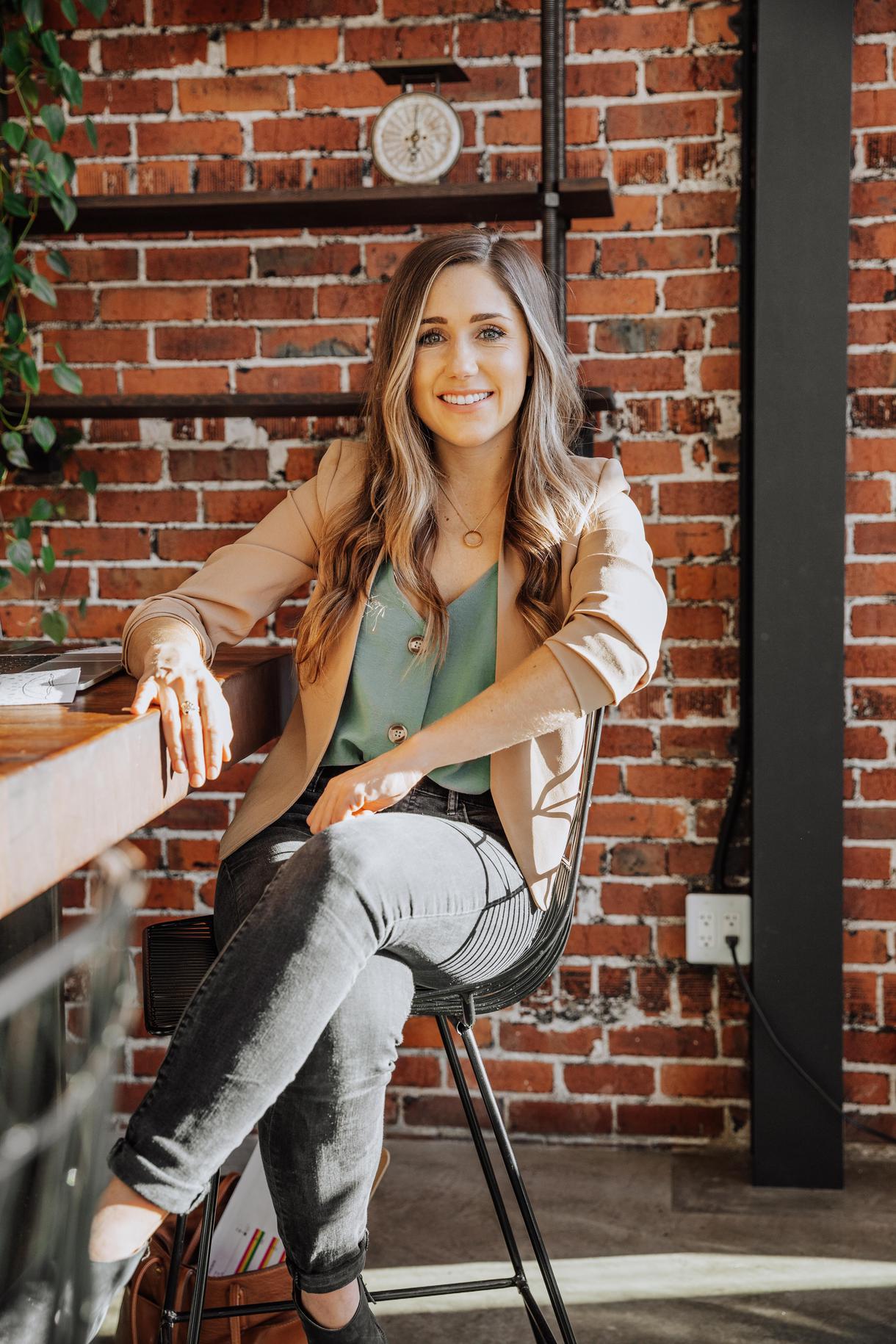
A: Between the progressive atmosphere and the varied destinations that you can get to within a couple of hours by car or plane—from Napa and Yosemite down to Santa Cruz and San Diego—what’s not to love?!
A: I love walking and running around Lake Merritt [in Oakland] and Point Isabel Regional Shoreline [in Richmond].
A: Beautiful Boy by David Sheff, which was really timely for me and perfectly captures the heartbreak of addiction. More recently, I finished When Breath Becomes Air by Paul Kalanithi. It’s a very interesting look at life in the face of death that gives a lot of perspective on the cancer experience.
A: I have a whole “hype” playlist I go to before I do anything that intimidates me, but one of my favorites is “Glorious” by Macklemore (featuring Skylar Grey).
A: It’s so hard to narrow down, but I would love to have dinner with Ellen Degeneres, Tom Petty, Lena Dunham, Barack Obama, Kristin Wiig. But honestly, more than anyone, I’d choose to have dinner with my dad.


Never been before? We’ll be your trustee Little Tokyo guide with a day’s worth of fun things to do in Little Tokyo.
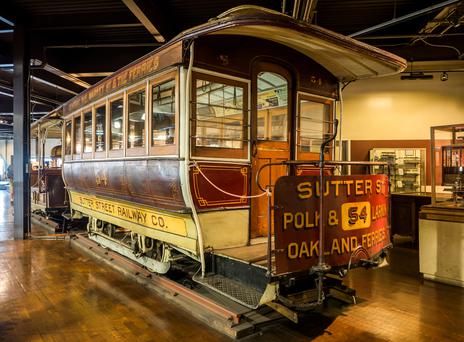
If you're looking for something fun to do, there are plenty of fun and free things to do in San Francisco, use our guide to help make plans.

Feel the knowledge flood from its elegant red-tile roofs as you wander the town’s beautiful college campus in search of hidden finds.

Enjoy the perfect California spring weather at these ideal spots for a spring vacation in California.

